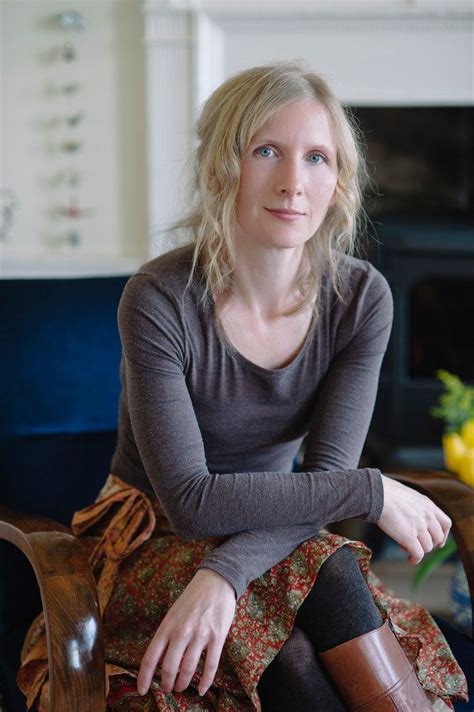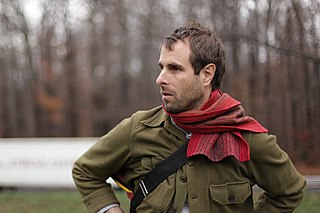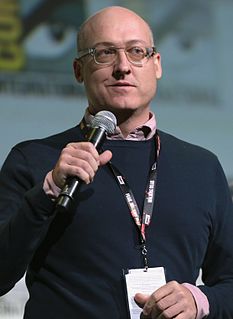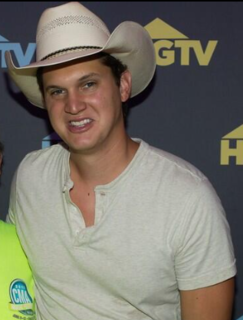A Quote by Samantha Harvey
With 'All Is Song,' I tried to construct a very traditional narrative that pulls no tricks.
Related Quotes
Because for me to go fully experimental, it would turn into an artist book actually. And I'm not opposed to that. But I wanted to toy with the conventions of traditional narrative and sometimes to do that all the way, you have to actually utilize traditional narrative, I think - or it's one way to do it.
I obviously read and adore traditional fiction. I teach traditional fiction, I also teach all kind of not-so-traditional fiction. And since I'm such a plot buff, and I'm really such a narrative buff, I can't seem to relinquish my - not just reliance - but excitement about those traditional techniques.
God is not interested in what you think you should be or feel. He is not interested in the narrative you construct for yourself, or that others construct for you. Rather, He is interested in you, the you who suffers, the you who inflicts suffering on others, the you who hides, the you who has bad days (and good ones). And He meets you where you are.
For queer people, the personal is very political, just to talk about it in a public space. It's very political just to come out and take up that space and be like, 'This is my narrative. It's not an outsider narrative, and it's not a fetish narrative; it's just my story, and it's worth being told and listened to.'
I'm trying to make sure that the visual connections between the disparate elements are strong enough for the viewer to keep moving through the work. It's in paying attention to those hundreds of details that the flow of the line will guide an audience through the narrative in a way that will make them enter it enough to engage with it, and perhaps construct their own narrative.


































